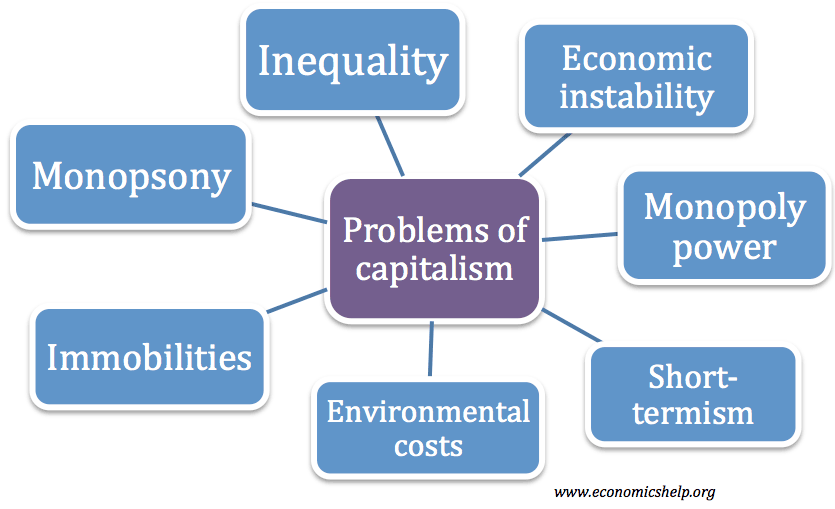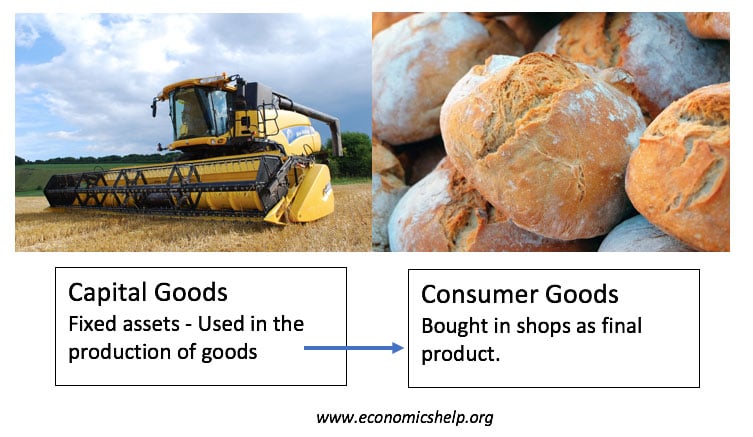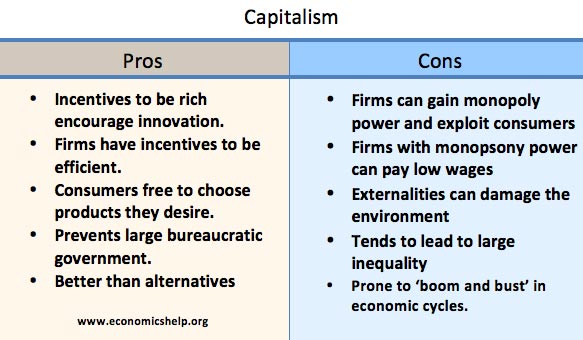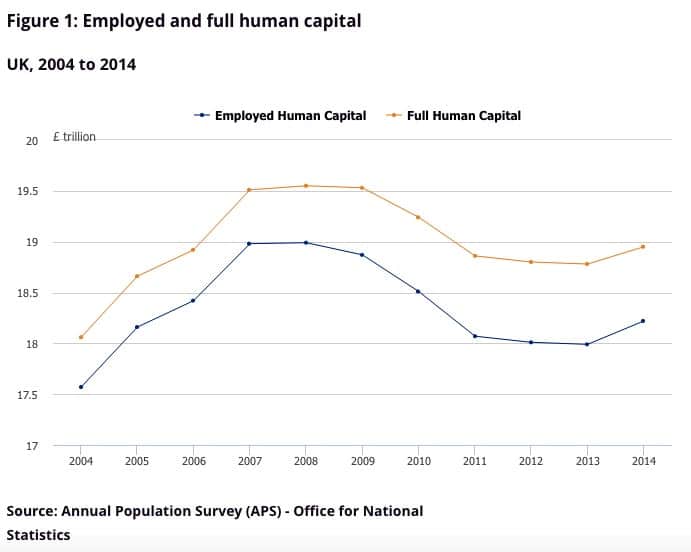Capital goods
Capital goods are fixed assets which are used in the productive process in order to produce a finished ‘consumer’ good. Capital goods are not bought for their own utility; they are bought in order to be used in the productive process. Examples of Capital Goods Factories Offices Machines Printing press Combine harvester Assembly line In …




